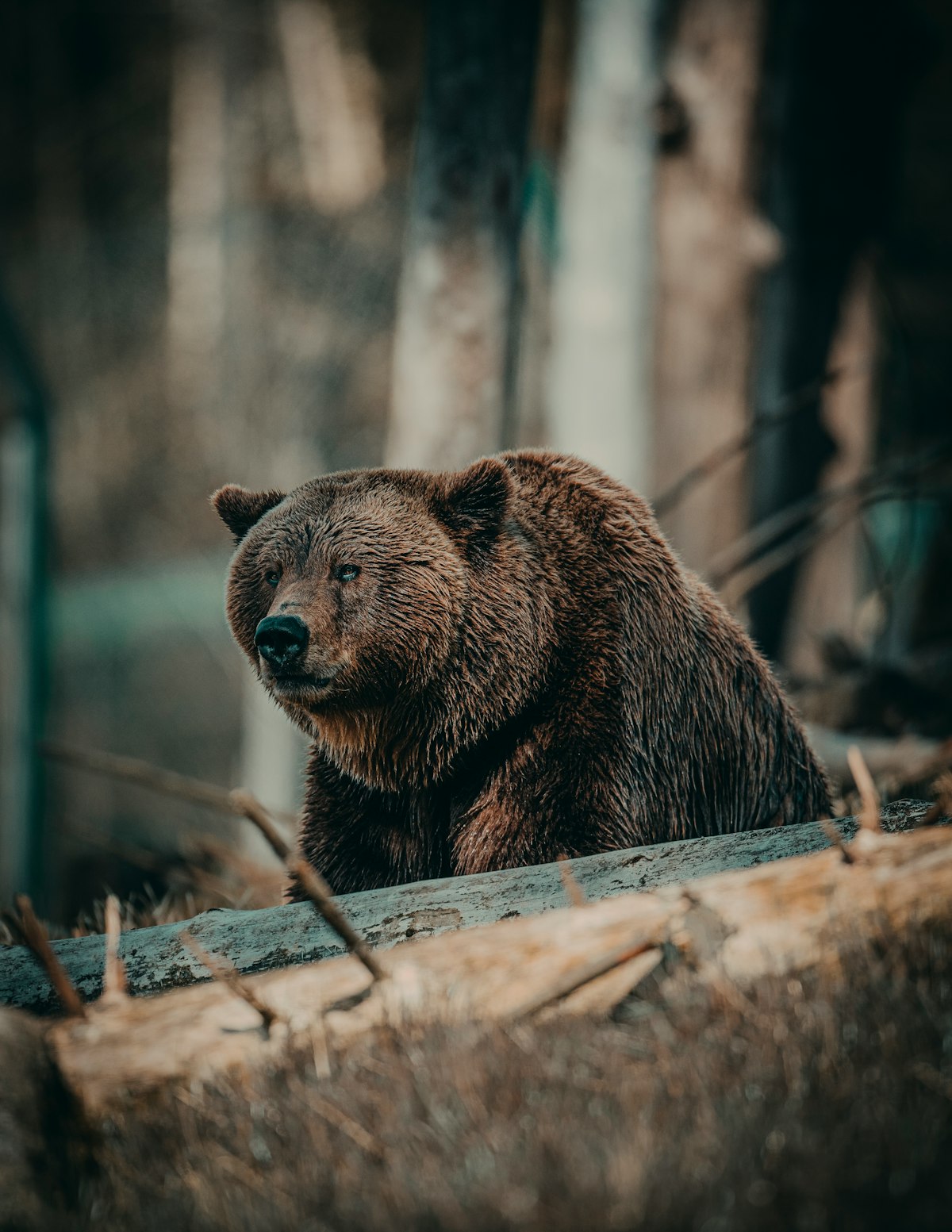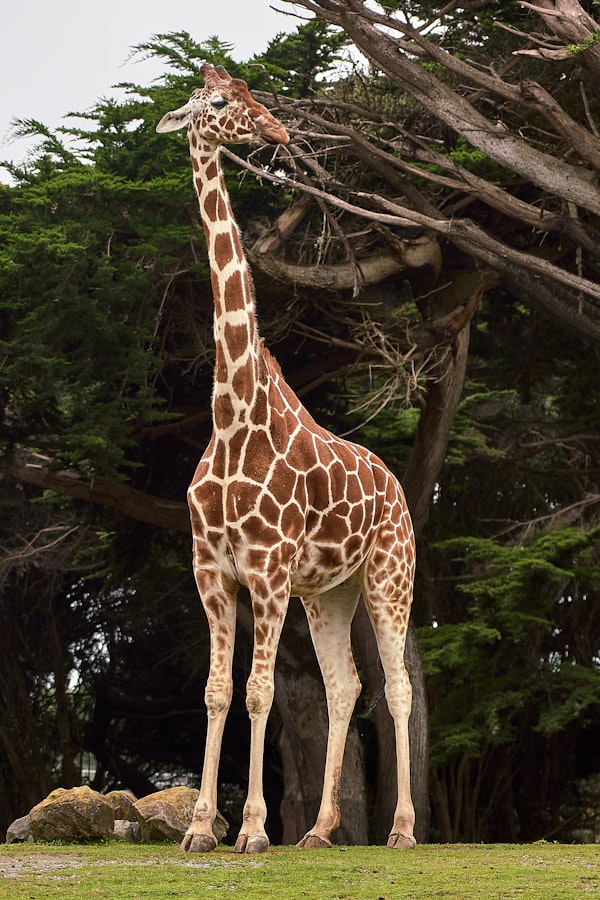Why We Urgently Need to Update the Endangered Species Act

The Importance of Updating the Endangered Species Act
It has been 50 years since the signing of the Endangered Species Act, and it is time for an update. Deborah Sivas, a professor of environmental law at Stanford University, explains why this law needs to be revised.
The current state of the Endangered Species Act reflects a different time and understanding of conservation. The world has changed since its inception, and we must adapt our approach to protecting endangered species.
This law is essential because it provides the legal framework for safeguarding threatened wildlife and their habitats. However, in order to effectively address the challenges facing our planet today, we need to modernize and strengthen the Act.
One key area that needs attention is the consideration of climate change. The impacts of climate change are becoming increasingly evident, and they pose a significant threat to many species. The revised Act should explicitly address the effects of climate change on endangered species and take steps to mitigate these impacts.
Another crucial aspect that requires updating is the enforcement and implementation of the Act. Stricter measures and more robust regulations are necessary to ensure that endangered species are adequately protected. This may involve increasing funding for conservation efforts, enhancing monitoring and enforcement capabilities, and strengthening penalties for violations.
Furthermore, enhancing public outreach and education is vital. The Endangered Species Act should promote awareness and understanding among the general public about the importance of biodiversity and the role they can play in conservation.
Updating the Endangered Species Act is not only necessary but also timely. As our planet faces unprecedented environmental challenges, we must take decisive action to protect and preserve our natural world. By modernizing this landmark legislation, we can ensure that future generations will continue to enjoy the wonders of our diverse wildlife.

